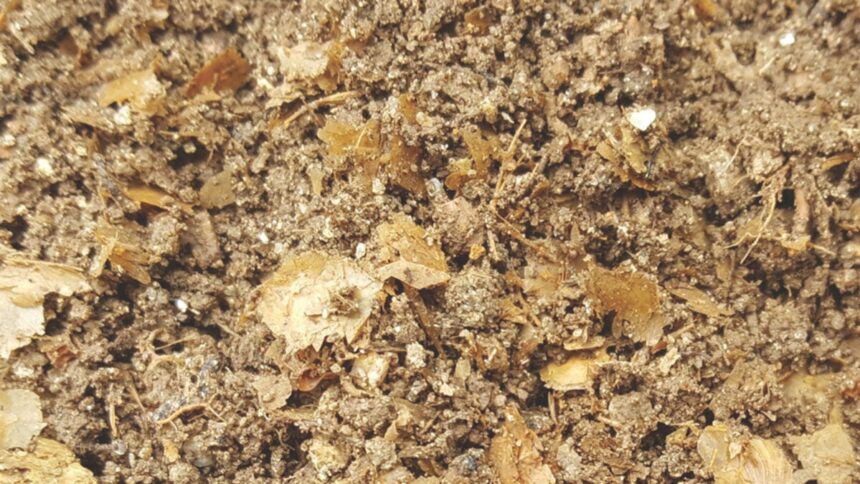Ancient Romans were known for creating delicious sauces, including garum—a famous fish-based condiment. Scientists studying ancient DNA from a Roman-era salting plant in Spain have found that European sardines were the key ingredient.
Fish was an important part of the ancient Roman diet, and Romans processed their catch for long-term preservation in coastal fish-salting plants called cetariae. There, they crushed and fermented small fish into pastes and sauces such as the iconic umami-flavored garum. Today, fermented fish-based sauces remain popular, whether in the form of classic Worcestershire sauce or the many fish sauces produced in Southeast Asia.
Analyzing the fish used in Roman condiments could provide insight into the diets and culture of ancient people as well as information on fish populations of the time, but the intense processing that took place at the salting plants, among other things, makes it almost impossible to visually identify species from their remains.
To overcome this limitation, an international team of researchers tested a different approach: DNA analysis. Despite the fact that grinding and fermentation accelerate genetic degradation, they were able to sequence DNA from fish remains found in a fish-salting vat at a cetaria in northwest Spain. This achievement sheds light on Roman-era sardines and opens the door for future research on archaeological fish remains.
“The bottoms of fish-salting vats offer a myriad of remains, yet one of the biggest challenges to studying pelagic fish from these contexts is the small size of the bone material,” the researchers wrote in a study published today in Antiquity. “To our knowledge, genomic studies have yet to take advantage of the vast potential of this data source for elucidating past fish consumption and the population dynamics of commercially relevant fish species.”
To test the validity of genetic analysis within this context, the team successfully extracted and sequenced DNA from the small bone remains of previously identified European sardines discovered at an ancient Roman fish-salting plant in the Spanish archaeological site of Adro Vello. Co-author Paula Campos—a researcher at the University of Porto specializing in ancient DNA—and her colleagues then compared the ancient DNA sequences with genetic data from contemporary sardines. They concluded that ancient sardines were genetically similar to their modern-day counterparts in the same region. This is notable, given that the species is known for its dispersal capabilities.
“Here, the authors demonstrate that, despite being crushed and exposed to acidic conditions, usable DNA can be recovered from ichthyological [fish] residues at the bottom of fish-salting vats,” the researchers explained. “Analysis of these data has the potential to open a new research avenue into the subsistence economies, cultures, and diets of past human populations and provide information on fish populations that cannot be obtained from fishery catch data or modern specimens alone.”
Ultimately, the study highlights a successful way of accessing an overlooked archaeological resource. It also confirms that in ancient Rome, fish weren’t friends—they were very much food.
Read the full article here












